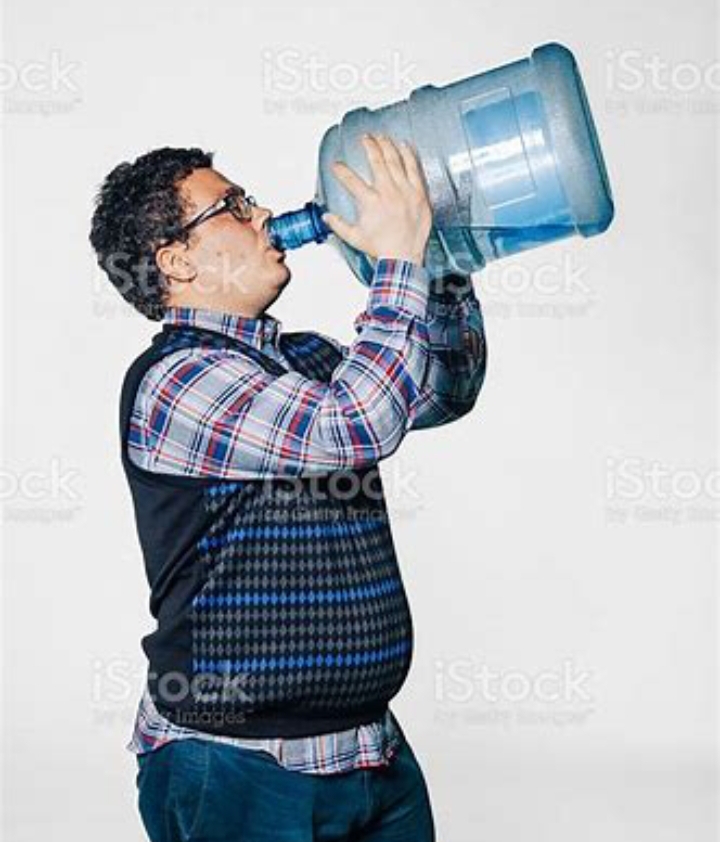By Chioma Obinagwam
Ashley Summers, a 36-year-old mother of two who died from drinking too much water hastily has raised concerns about what is the right quantity of water to be consumed daily to stay healthy.
Confiance News delves into the benefits water, the right amount of water is safe to drink to stay healthy and what water intoxication (toxicity) is.
Drinking water is essential for your health and well-being. Water has many benefits for your body, such as:
It lubricates the joints and cushions the brain, spinal cord, and other sensitive tissues.
It delivers oxygen throughout the body and flushes out body waste.
It regulates body temperature and helps maintain blood pressure.
It forms saliva and mucus, which help with digestion and prevent friction and damage in the mouth, nose, and eyes.
It boosts skin health and beauty, and prevents dehydration that can cause wrinkles and skin disorders.
It is essential for immunity, balanced blood pressure, kidney functioning, mineral transportation, and digestion.
The amount of water you need to drink daily depends on various factors, such as your age, weight, activity level, climate, and health condition. However, some general guidelines are:
About 15.5 cups (3.7 liters) of fluids a day for men.
About 11.5 cups (2.7 liters) of fluids a day for women.
It is noteworthy to state that these recommendations include fluids from water, other beverages, and food. About 20 percent of daily fluid intake usually comes from food.
Confiance News further learns that you may need to drink more water if you exercise, sweat, have a fever, diarrhea, or vomiting.
However, you may need to drink less water if you have certain medical conditions, such as kidney or heart problems, or if you take certain medications that affect your fluid balance.
Furthermore, you can check your hydration status by looking at the color of your urine. It should be clear or pale yellow. If it is dark yellow or brown, you may be dehydrated.
Water intoxication is a condition that occurs when a person drinks too much water and disrupts the normal balance of electrolytes in the body. This can cause symptoms such as headache, nausea, vomiting, confusion, seizures, coma and even death. Water intoxication is rare, but it can happen when a person drinks a lot of water in a short period of time, especially during strenuous physical activity or when taking certain medications that cause water retention.
Water intoxication can be prevented by drinking water according to your thirst and avoiding excessive fluid intake. You should also replace electrolytes lost through sweating by consuming sports drinks or oral rehydration solutions.
Again, if you have a medical condition that affects your fluid balance, such as kidney disease, heart failure or liver cirrhosis, you should follow your doctor’s advice on how much water to drink and what medications to take.
Moreso, if you suspect that you or someone else has water intoxication, you should stop drinking water and seek medical attention immediately. A doctor may give you sodium or diuretics to help restore the normal fluid and electrolyte balance in your body.









Leave a comment